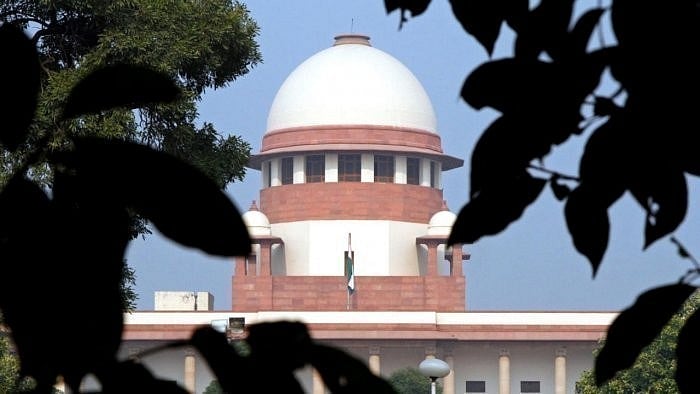
The Supreme Court of India.
Credit: PTI File Photo
The Supreme Court has taken another step to curb domestic violence by directing all the states and Union Territories to identify officers in the Department of Women and Child Development at the district and taluka levels and designate them as protection officers. These officers will be responsible to ensure the safety and well-being of victims of domestic violence. They will have to create public awareness about the provisions of the Domestic Violence Act and the rights of women it entails and ensure coordination of the services under the Act. The Court’s directive that the exercise has to be completed within six weeks is significant. The bench of Justices B V Nagarathna and Satish Chandra Sharma also directed the National Legal Services Authority to instruct the state legal services authorities to make women aware of their right to free legal aid and advice under the Act.
The court issued the order on a plea filed by an NGO, We the Women of India, which said there were problems in the implementation of the law even 15 years after its enactment. It was pointed out that domestic violence remained the most common crime against women; the NGO sought legal aid for survivors and shelter homes for those who needed them. According to a study, over 31% of women aged 15-49 have reported experiencing some form of domestic violence, including physical, emotional, and sexual assault. The National Women’s Commission receives thousands of complaints every year. The National Crimes Records Bureau (NCRB), however, reports only a few hundred cases every year. It should be clear that the number of complaints or cases does not reflect the seriousness of the issue.
There are social, economic, and other factors that are at the root of domestic violence. They also influence the responses to the violence, including the decision of women to seek legal aid and relief, and the reactions of the family and the community. Few women are able to resist violence and deal with it, legally or in other ways. There are variations among states in the incidence of the problem but the comparative figures may not be entirely reliable. According to some of these reports, Karnataka has a high incidence of domestic violence. Strict implementation of the law is the only way forward. The Supreme Court and other courts have repeatedly addressed the issue and the latest directive is another intervention that emphasises the urgency for a resolution.
